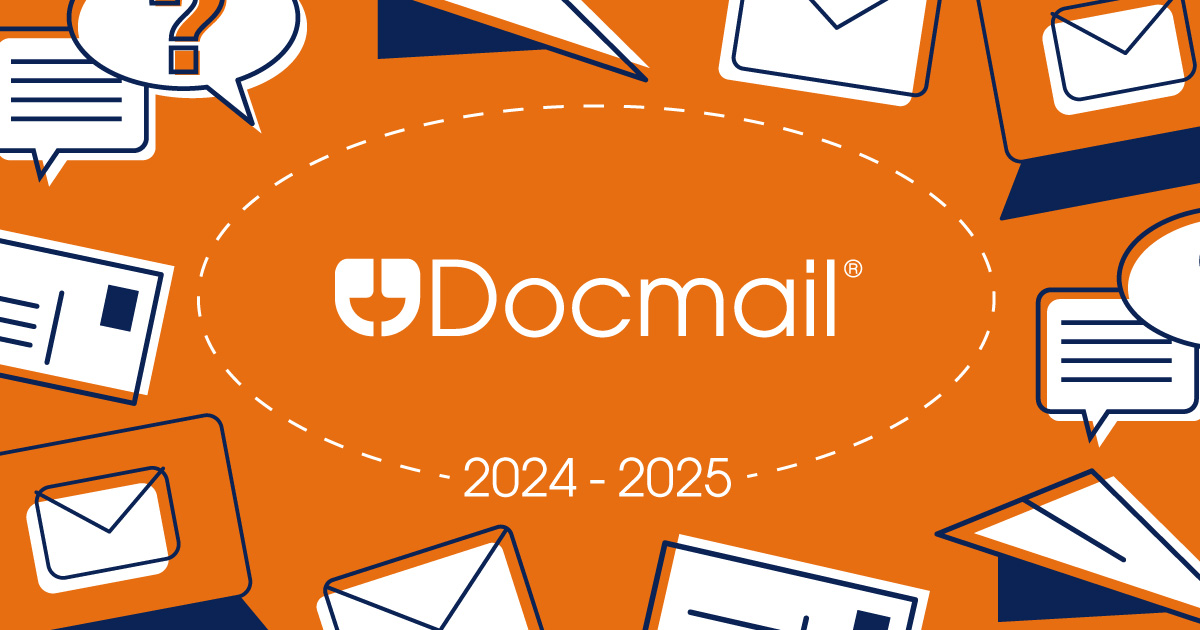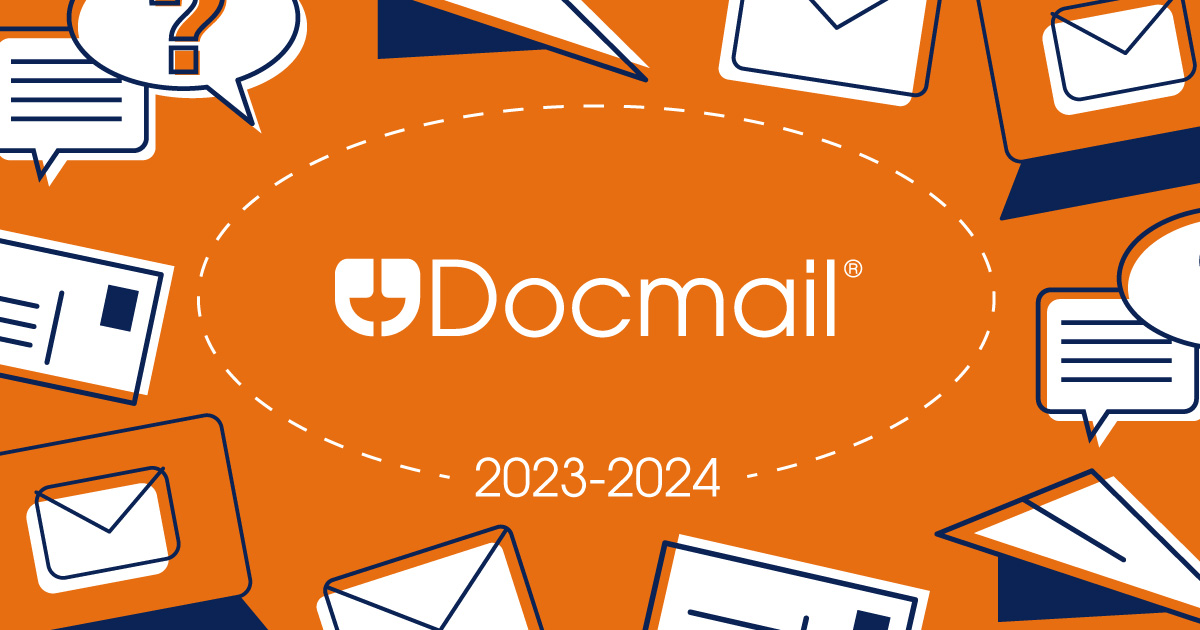As the UK returns back to normality following the COVID-19 pandemic and Brexit, it has never been more important for councils to communicate effectively with residents. Whether it’s to encourage the community to participate or to promote understanding of local priorities, effective communication has the power to engage communities, challenge misconceptions and help councils achieve their objectives.
Strong communication is essential when it comes to councils communicating with their communities because it creates trust. In order for council departments to run effectively and efficiently, it is essential that their communities trust them.
Local councils work towards improving community well-being and providing better services. Their activities fall into three main categories: representing the local community; delivering services to meet local needs; striving to improve quality of life and community well-being. If communities have trust that their council will do this, it will encourage contributions from the public, lessen the chances of issues arising and create a cohesive community that will run smoothly.
A survey conducted on behalf of the Association for Public Service Excellence (APSE) has shown that public trust is 9 times higher for local councils than it is for Central Government. With 56% of people saying they trust local authorities to make decisions for their local area, with only 6% saying the same about government ministers. These statistics highlight just how essential it is for councils to communicate effectively in order to maintain the trust they have in their residents.
But how do councils build this trust with their residents? It all starts with communication.
There are various departments within each council that have a requirement to send everyday communications. From housing, revenues and benefits, elections, waste management/ recycling and planning applications, there is often a lot of information from each department that is required to be communicated with the wider community.
Revenues and benefits may have council tax bills or legal documentation, waste management may have schedules and flyers to send, planning applications may have forms and notices and elections could have ITRs and rolling registration forms to send out.
These communications are often managed in-house, with a team of individuals dedicated to printing, folding and stuffing envelopes, taking trips to the mailroom and organising any returned mail. But with departments being spilt across home and office workers, how can these communications be managed in a secure, effective way, that grants employees access no matter their working location?
Hybrid mail is a secure online solution that enables departments to send their important communications, directly from their desktop or laptops, within a few clicks. It enables councils to send postal mailings by simply uploading their documents and address lists to a secure online portal or submitting through a virtual print driver.
The hybrid supplier then automates the mailing process, by receiving, printing, enclosing and dispatching mailings to the desired end audience. It’s a matter of telling the hybrid mail supplier how you would like your documents printed and when they need to be dispatched, they then take care of everything else.
The software is designed to minimise the process of sending business communications by removing the physical interaction organisations are often used to when it comes to sending postal mailings.
Hybrid mail has been used by councils across the UK since its introduction in 2008 (when it was first introduced to the market by CFH Docmail) and the positive effects it has had on councils are huge, with Leicester City Council anticipating that using CFH’s Docmail will save them over £200,000 a year compared to their previous communication process. (You can read the full case study HERE).
But many councils still opt to manage these everyday communications in-house, so why should they look to adopt a hybrid mail service?
With budgets at the heart of each department and the need to do more for less, hybrid mail offers huge savings on the cost of sending communications. Companies like CFH Docmail offer a hybrid mail solution, Docmail, send letters for less than a first-class stamp, and that includes the cost of the paper, envelope, ink, postage and the time to produce each document.
The Local Government Head of Associations 2019/2020 survey found that 63% per cent of respondents had staff performing core communications functions in other parts of their council, with the average number of staff being involved in this process is 5 which is an astonishing amount when you consider all other activities these short staff departments manage.
But by using hybrid mail, departments are able to see huge savings in staff time as it removes the need for staff to print, enclose and post each document. This means that those 5 staff can use their time in other areas, which for many council departments is invaluable.
Councils have had staff working from home since well before the pandemic, so having a solution that is accessible for both office-based and remote workers is of huge benefit. It means that the sending of documents can remain consistent across the council, whilst also providing staff with the ease of being able to send communications no matter their working location.
As mentioned previously a council's job is to deliver services to meet local needs and to strive to improve community well-being. Solutions like hybrid mail mean that councils are able to have a more efficient process when sending their important documents and managing the documents sent to different residents.
Because of the ease of use hybrid mail provides, with the ability for it to be utilised anywhere, it means that it can be used across a business, or for councils, across departments. From housing to revenues and benefits, solutions like this can result in cohesive communication from each department to their residents.
Councils across the UK that are utilising hybrid mail solutions are benefiting from not only a streamlined communication solution but the benefits listed above, transforming the way their communications are managed and sent.
CFH Docmail is a multichannel communications company that provides industry-leading multichannel communication solutions including print, mail and online services to improve your business outcomes and generate powerful results. One of the solutions includes Docmail Hybrid Mail.
Docmail enables its users to send letters directly from their computers. It will then be printed, enclosed and posted for you.
If you want to know more about hybrid mail and would like to speak to our experts, please complete our contact form at the bottom of this page.



Structured Credit Communications For Leading Agri-Food Organisation
Surrey County Council Sought to Optimize Print/Post Services Across Departments. We Helped Transform Their Services With Our Industry Expertise.
The block management software providers at Blocks Online experienced considerable growth upon integrating a reliable mailing method and API connection.
Keen to adopt a more efficient way of printing, packing and posting their time-sensitive paper communications, High Mill has embraced the Docmail Print Driver.
Simplified Patient Communication For Lung Health Check Programme
The Council are anticipating that Docmail will save over £200,000 a year compared to their previous communication process whilst also being more efficient.






Fife-based Electricity Asset Services, specializing in electrical and civil engineering, employs CFH's Docmail system for improved communication with Scottish Power and staff.













CFH communication solutions transforms BCP council print and mail for annual, daily and ad-hoc communications.